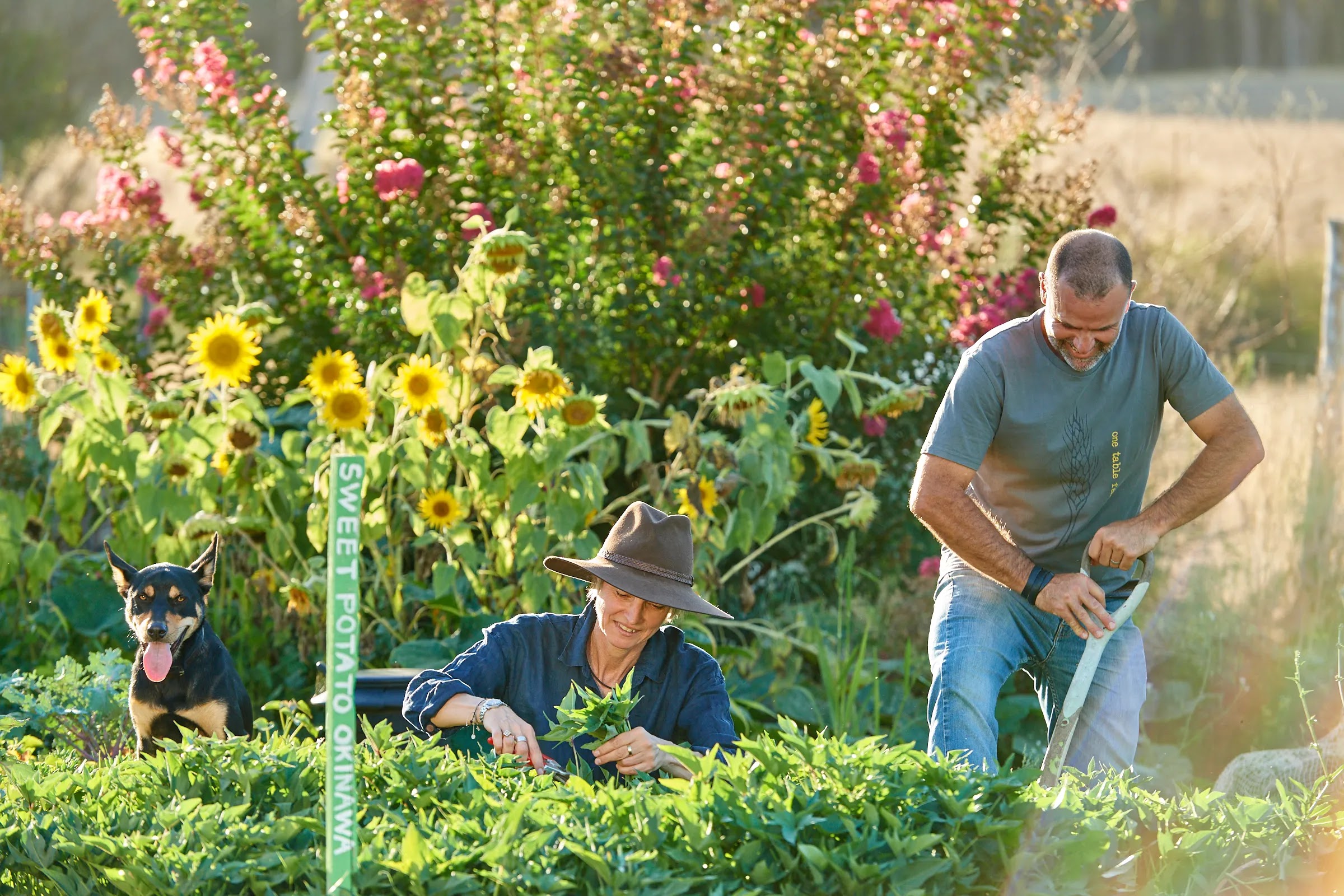In a world where modern agricultural practices often prioritize efficiency and productivity at the expense of environmental health, biodynamic gardening stands as a beacon of sustainable and holistic farming. Rooted in the principles of anthroposophy, biodynamic gardening goes beyond organic farming by incorporating spiritual and cosmic perspectives into its methodology. This approach, founded by Austrian philosopher Rudolf Steiner in the early 20th century, seeks to create a harmonious relationship between the earth, plants, animals, and the cosmos. In this article, we will delve into the principles and practices of biodynamic gardening and explore its potential benefits for both the environment and those who cultivate the land.
The Principles of Biodynamic Gardening:
1. Anthroposophical Foundations: At the heart of biodynamic gardening lies anthroposophy, a philosophy developed by Rudolf Steiner. Anthroposophy emphasizes the interconnectedness of the spiritual world and the physical world, asserting that spiritual forces influence the growth and development of plants. Biodynamic practitioners strive to understand and work with these forces to enhance the vitality of their gardens.
2. Cosmic Rhythms and Lunar Planting: Biodynamic gardening places great importance on cosmic rhythms and lunar cycles. According to Steiner, the moon influences plant growth, and certain activities such as planting, pruning, and harvesting should be aligned with specific lunar phases. By following these cycles, practitioners believe they can optimize plant development and enhance the overall vitality of the garden.
3. Preparations and Compost: Biodynamic gardening employs a set of nine special preparations made from fermented plant and animal materials. These preparations are used to enhance soil fertility, stimulate root development, and promote overall plant health. Compost plays a crucial role in biodynamic farming, serving as a rich source of nutrients and beneficial microorganisms that contribute to soil vitality.
4. Biodiversity and Crop Rotation: Emphasizing the importance of biodiversity, biodynamic gardens often incorporate a variety of plants and animals. Crop rotation is employed to prevent soil depletion and pest buildup, promoting a balanced and resilient ecosystem within the garden. Companion planting, where certain plants are grown together to benefit one another, is also a common practice.
Benefits of Biodynamic Gardening:
1. Enhanced Soil Fertility: Biodynamic gardening focuses on building and maintaining healthy, nutrient-rich soil. The use of compost, cover cropping, and crop rotation helps enhance soil fertility, promoting robust plant growth and nutrient absorption.
2. Sustainability and Resilience: The emphasis on biodiversity, cosmic rhythms, and holistic practices makes biodynamic gardens more resilient to pests and diseases. By working in harmony with nature, practitioners create ecosystems that are better equipped to withstand environmental challenges.
3. Nutrient-Dense Produce: Biodynamic methods prioritize the health of the entire ecosystem, resulting in nutrient-dense and flavorful produce. The emphasis on soil health translates into higher nutritional content in fruits, vegetables, and herbs grown in biodynamic gardens.
4. Spiritual Connection and Well-Being: For many practitioners, biodynamic gardening is not just a farming technique but a way of life. The spiritual and cosmic perspectives inherent in anthroposophy contribute to a deeper connection with the land, fostering a sense of well-being and fulfillment.
Biodynamic gardening offers a holistic and sustainable approach to cultivating the land, embracing the interconnectedness of the spiritual and physical realms. While some may view its principles as unconventional, the growing interest in biodynamic practices suggests a growing awareness of the importance of sustainable and regenerative agriculture. As we face increasing challenges in the realm of food production and environmental sustainability, biodynamic gardening stands as a testament to the enduring wisdom of working in harmony with nature.






0 comments:
Post a Comment
Note: Only a member of this blog may post a comment.